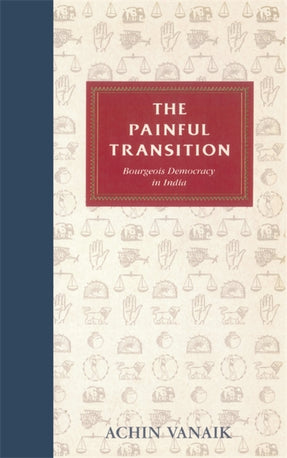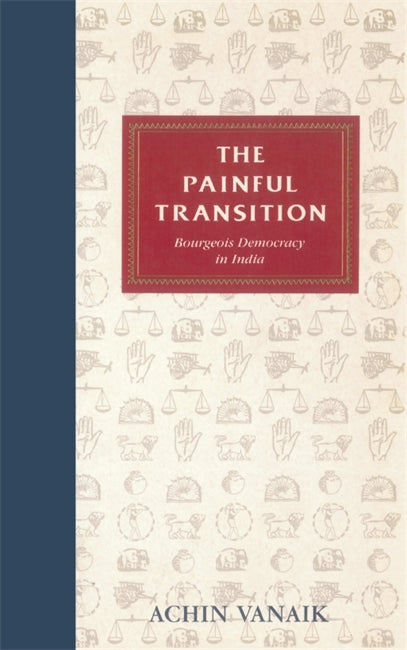
The Painful Transition:Bourgeois Democracy in India
India is in a state of transition in domestic politics and in external relations. Its emergence as a dominant regional power raises questions about India's commitment to a policy of non-alignment, the platform which has supported important and distinct relationships with both the West and the Soviet Union. As a developing capitalist economy, India continues to resist the external influence of the multinational corporation, and to uphold an internal economic structure based on inequality and domination.
At the centre of this system of contradictions is the endemic crisis of ruling-class leadership, within a durable and decentralized democratic structure which itself bears the frame of the residual caste system. Vanaik seeks his explanations in the specific character of Indian social relations and on either side of India's transition to new political forms—the traditional and older bourgeois structures from which the system has not fully emerged; and the struggles over democratic objectives, authoritarianism and Hindu nationalism which are dictating its progress.
Original and accessible, The Painful Transition dissects the forces at work in shaping the world's largest democratic state.
